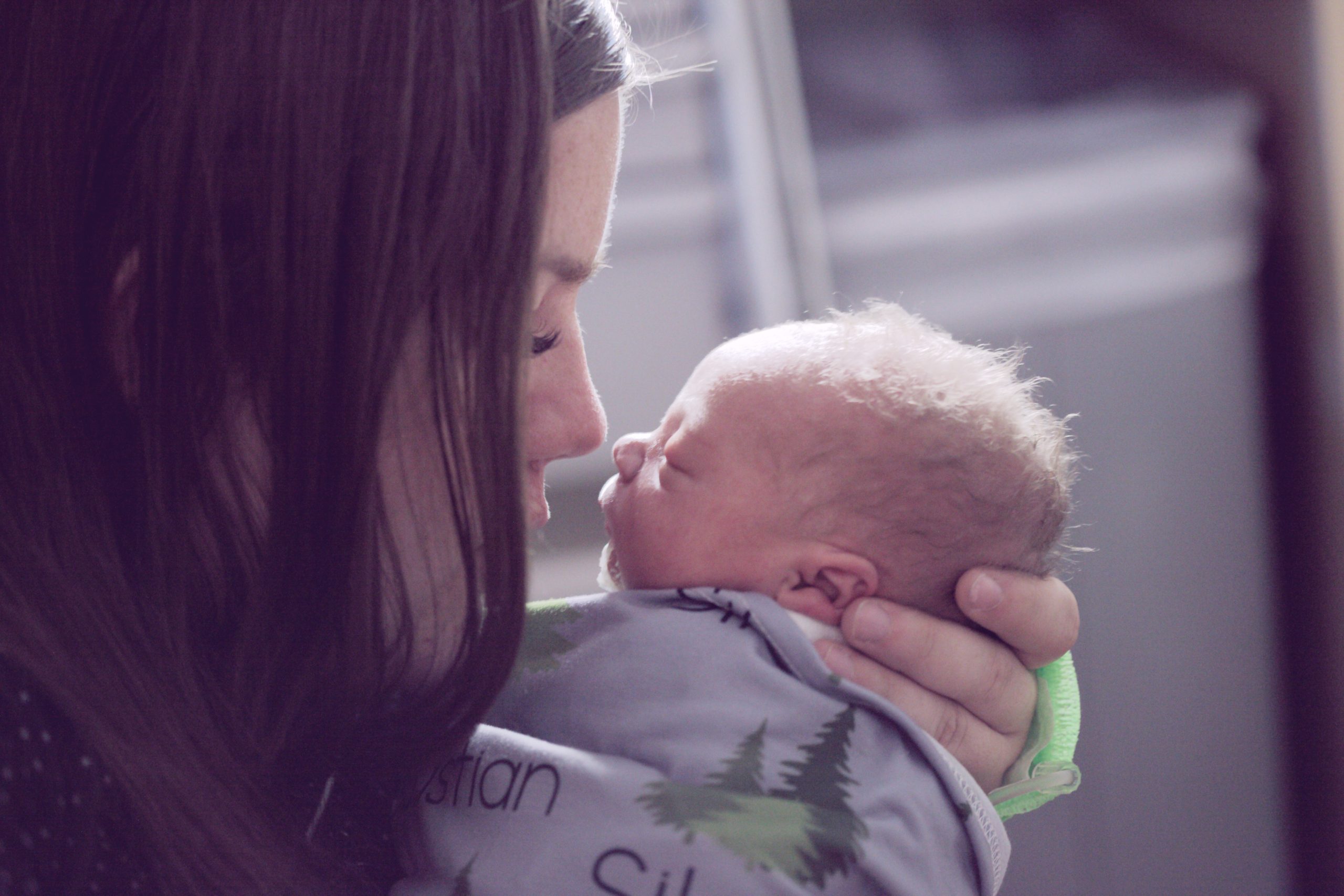Bringing a new life into the world is a transformative and joyous experience, but for many new mothers, the postpartum period can be riddled with unexpected emotional challenges. We will embark on a comprehensive exploration of the nuances between postpartum depression (PPD) and postpartum anxiety (PPA). As we delve into these distinct yet interconnected facets of maternal mental health, we aim to provide clarity for both new mothers and those supporting them through this profound journey.
As the cocoon of anticipation gives way to the reality of sleepless nights, uncharted emotions, and the ceaseless demands of caring for a newborn, the emotional terrain of new motherhood becomes apparent. It is within this realm that postpartum depression and postpartum anxiety often take root, affecting mothers within the crucial first year after childbirth. This exploration is not just a clinical dissection of symptoms; it’s a heartfelt endeavor to shed light on the intricate emotional landscapes that many mothers navigate in silence.
Understanding Postpartum Depression
- Defining Postpartum Depression: Postpartum depression is a form of clinical depression that affects new mothers within the first year after giving birth. It transcends the typical “baby blues” that many women experience and manifests as persistent feelings of sadness, hopelessness, and a lack of interest in activities.
- Common Symptoms of PPD: Symptoms of postpartum depression may include overwhelming fatigue, changes in appetite, difficulty bonding with the baby, and pervasive feelings of guilt or inadequacy. It is crucial to recognize that PPD can manifest in various ways, and not all mothers experience the same symptoms.
- Risk Factors and Triggers: Several factors can contribute to the development of postpartum depression, including hormonal fluctuations, a history of depression or anxiety, lack of social support, and the stressors associated with childbirth and new motherhood.
Unraveling Postpartum Anxiety
- Defining Postpartum Anxiety: Postpartum anxiety, on the other hand, is characterized by excessive worry, fear, and heightened anxiety levels that persist beyond the typical concerns of new motherhood. While worry about the well-being of the baby is natural, postpartum anxiety takes these concerns to an overwhelming and often intrusive level.
- Common Symptoms of PPA: Mothers experiencing postpartum anxiety may exhibit symptoms such as racing thoughts, physical symptoms of anxiety (such as trembling or sweating), irritability, and an inability to relax or sleep even when the baby is resting.
- Overlap with Postpartum Depression: Postpartum anxiety can coexist with postpartum depression, leading to a complex interplay of symptoms. Some mothers may find it challenging to distinguish between the two, as they share common elements, including changes in mood, sleep disturbances, and difficulty concentrating.
Navigating Treatment and Support
- Seeking Professional Help: Both postpartum depression and postpartum anxiety are treatable conditions. Seeking professional help from healthcare providers, therapists, or support groups is a crucial step toward effective intervention. Therapeutic approaches may include counseling, cognitive-behavioral therapy, or, in some cases, medication.
- The Role of Support Systems: A robust support system is invaluable for mothers navigating postpartum mental health challenges. Partners, family members, and friends play a vital role in providing emotional support, understanding, and assistance with day-to-day tasks.
- Self-Care Strategies: Encouraging self-care is essential for mothers experiencing postpartum depression or anxiety. Simple acts, such as taking short breaks, getting adequate rest, and engaging in activities that bring joy, can contribute to overall well-being.
In unraveling the differences between postpartum depression and postpartum anxiety, it becomes evident that these conditions are complex, multifaceted, and unique to each individual. Understanding the distinctions and seeking timely support are crucial steps toward fostering a supportive environment for new mothers as they navigate the intricate landscape of motherhood. As awareness grows, we can collectively contribute to dismantling the stigma surrounding maternal mental health, providing compassionate care and empathy for those embarking on the profound journey of postpartum well-being.





